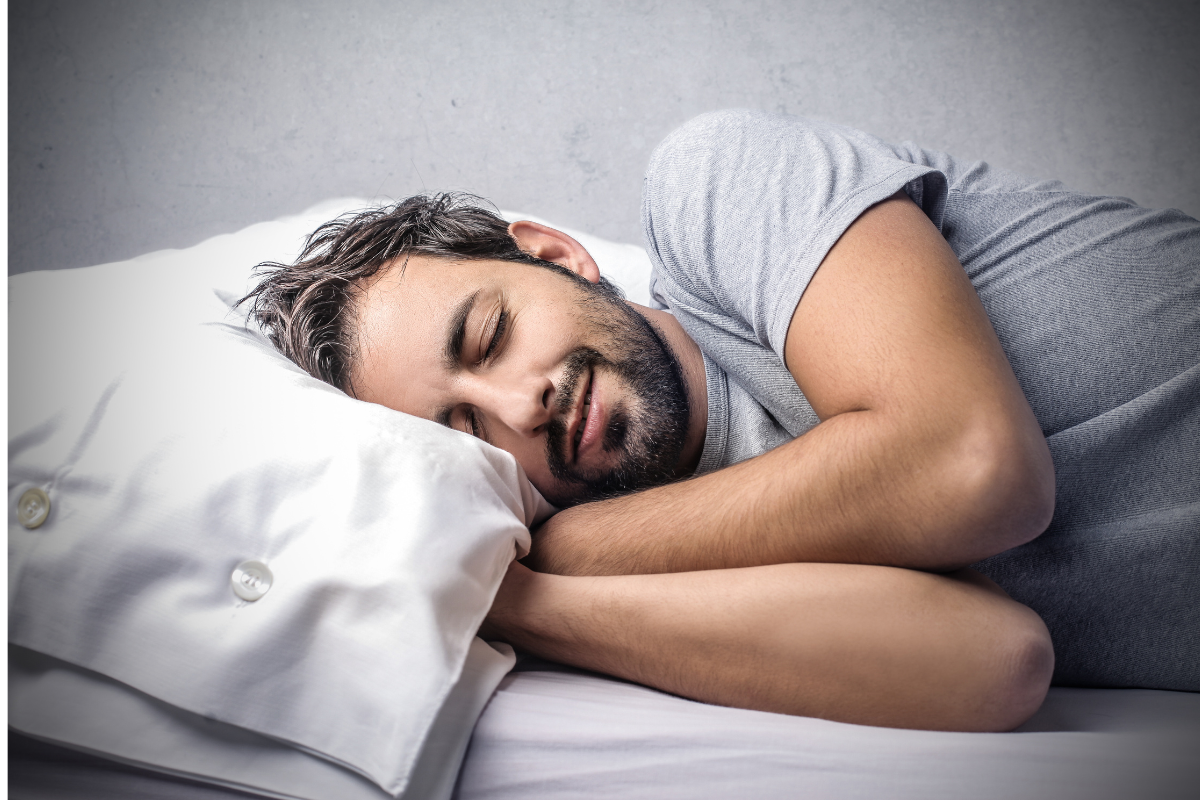Introduction
Sleep is a crucial aspect of our lives, and the way we sleep can significantly impact our overall health. The position in which we sleep plays a vital role in determining the quality of our sleep and our well-being. In this article, we will explore the various sleeping positions and their effects on health, shedding light on how you can optimize your sleep for better physical and mental well-being.
The Importance of Sleep
Before delving into the impact of sleeping positions, it’s essential to understand the significance of a good night’s sleep. Sleep is a restorative process that allows our bodies and minds to recuperate. Quality sleep is associated with improved cognitive function, emotional well-being, and overall physical health.
The Different Sleeping Positions
- The Supine Position (Back Sleeping)
The optimum posture for spinal alignment is frequently thought to lie on your back while you sleep. It can help reduce the risk of developing wrinkles and facial acne, as your face isn’t pressed into a pillow. However, this position may worsen snoring and sleep apnea for some individuals. - The Prone Position (Stomach Sleeping)
Stomach sleeping can be comfortable for some, but it’s generally not recommended. It can strain your neck and spine, leading to neck pain and backaches. Moreover, this position may also contribute to facial wrinkles and put pressure on vital organs. - The Fetal Position
Curling up in the fetal position can provide a sense of security and comfort. However, it may lead to joint pain and stiffness, as well as restricted breathing for those who snore. - The Log Position (Side Sleeping)
Sleeping on your side, with your arms straight down, is a popular position. It can reduce the risk of snoring and alleviate symptoms of sleep apnea. However, it may lead to shoulder and hip pain if not adequately supported.
How Sleeping Positions Impact Your Health
- Sleep Quality
Your sleeping position can greatly affect the quality of your sleep. Back sleeping is generally associated with better sleep quality, while stomach sleeping may result in restless nights. - Spinal Alignment
Proper spinal alignment is essential for a healthy back. Sleeping on your back or side can help maintain this alignment, while stomach sleeping can cause strain and discomfort. - Snoring and Sleep Apnea
Certain sleeping positions, such as sleeping on your back, can exacerbate snoring and sleep apnea. Side sleeping is often recommended for individuals with these conditions. - Facial Wrinkles
The way you sleep can contribute to the development of facial wrinkles over time. Stomach and side sleeping can lead to creases on your face, while back sleeping minimizes this risk.
Optimizing Your Sleeping Position
Finding the perfect sleeping position depends on your individual preferences and any underlying health conditions. Here are some tips to help you optimize your sleeping position:
Invest on comfortable pillows and a solid mattress.
If you have sleep apnea or snore, try sleeping on your side.
Try sleeping on your side if you have sleep apnea or snore.
Use a silk or satin pillowcase to reduce facial wrinkles.
If you prefer sleeping on your back, consider using a pillow to elevate your head slightly to alleviate snoring.
Experiment with different sleeping positions and pillows to find what works best for you.
Conclusion
In conclusion, your sleeping position plays a crucial role in your overall health and well-being. While there is no one-size-fits-all answer, understanding the effects of different sleeping positions can help you make informed choices to ensure a good night’s sleep. Remember that sleep is essential for a healthy life, and by optimizing your sleeping position, you can wake up feeling refreshed and rejuvenated.

